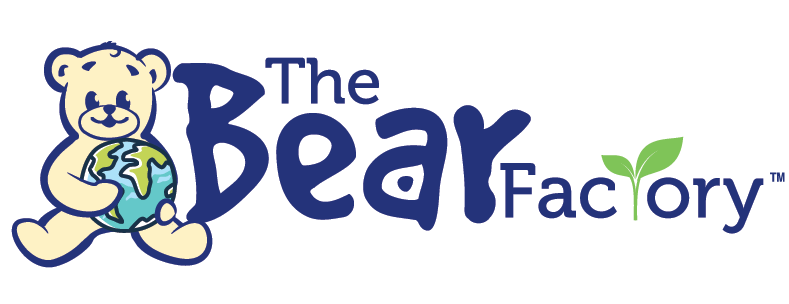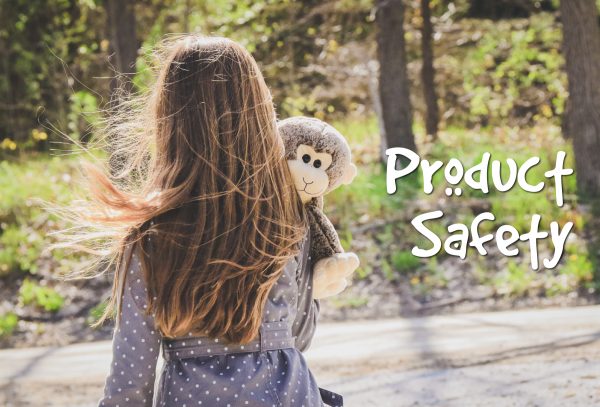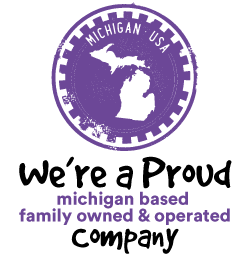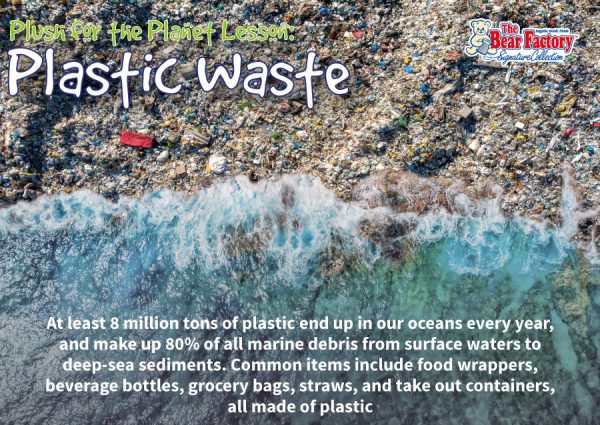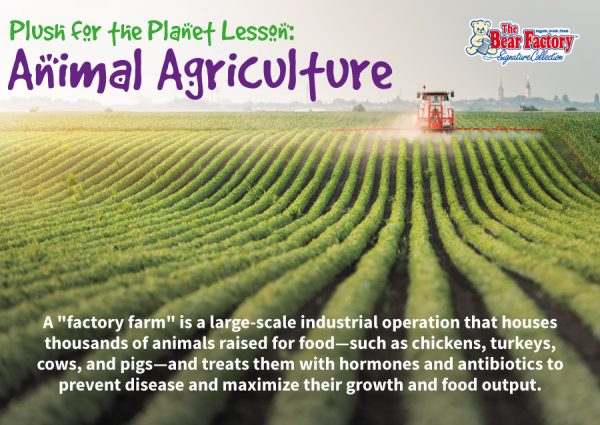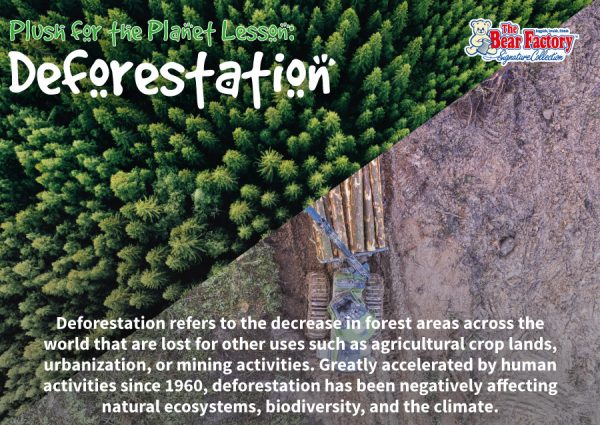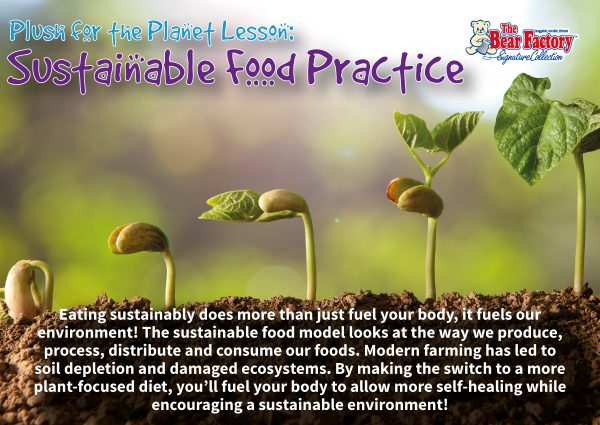Earth Month 2023
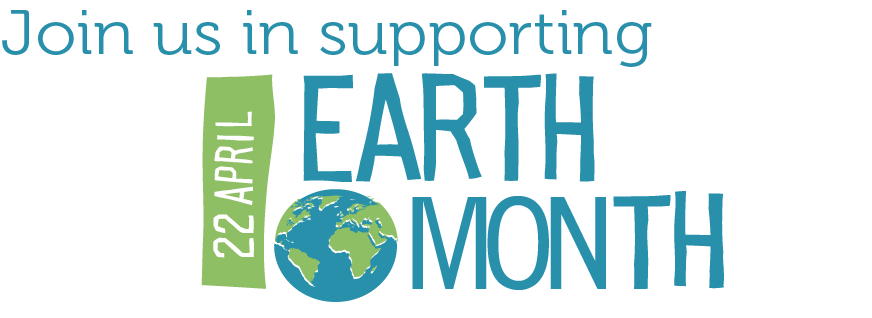
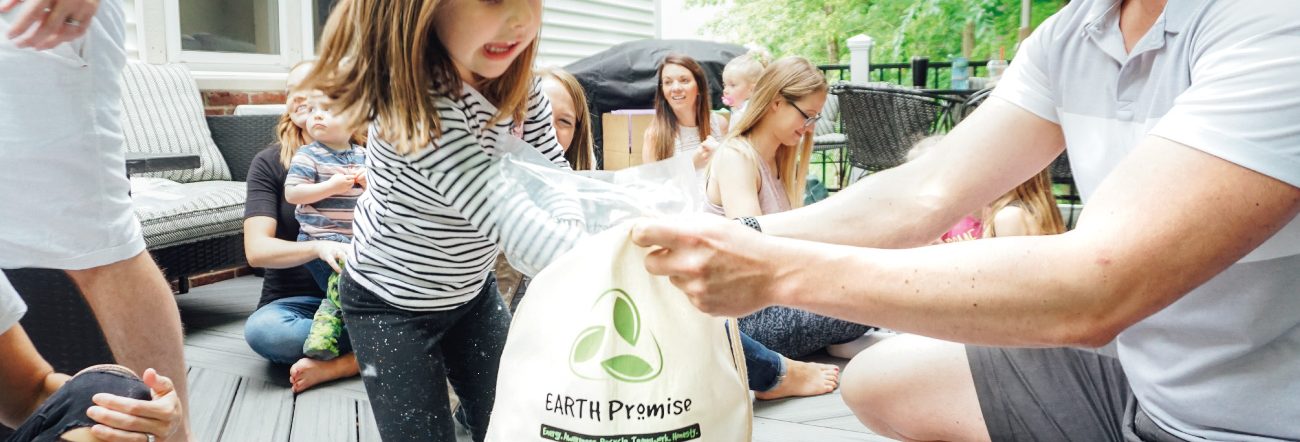

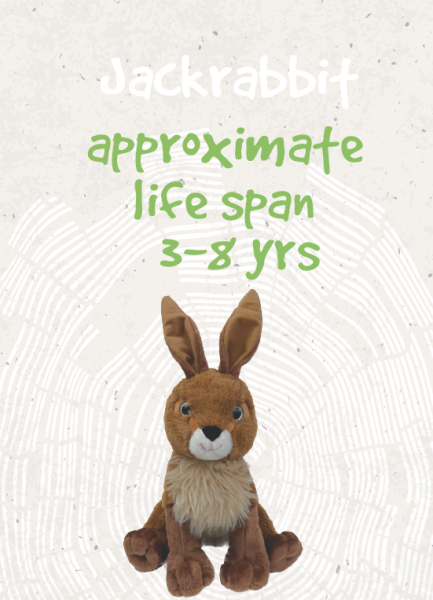
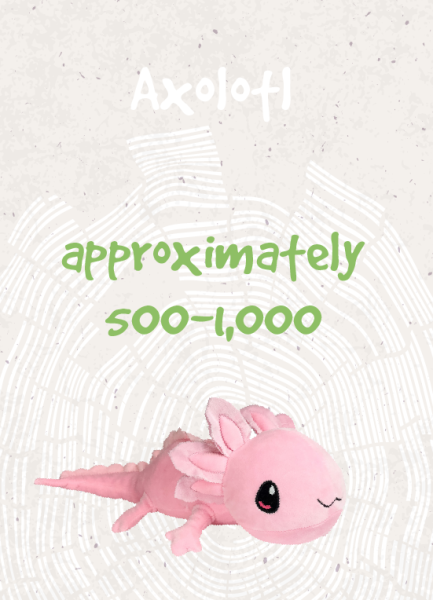
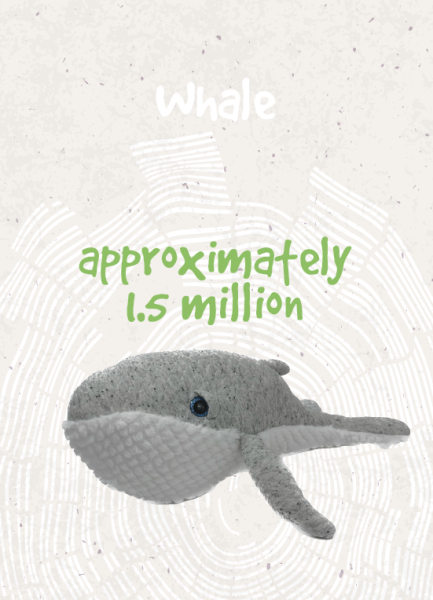
Inspired from a recent trip to Joshua Tree National Park located in the deserts of southern California, Jackson the Black Tailed Jackrabbit is one of many homebodies of Joshua Tree. Jackson is technically classified as a “Hare”, because black tailed jackrabbits are born with fur and their eyes already open. They are resilient animals who can live in such a barren landscape and can run up to 40 mph in shorts bursts to elude predators.
Have you met Xochitl the Axolotl?
Xochitl is an endangered species that has had its natural habitat destroyed over the years by urban development with its population mainly only living on in the form as a house hold pet.
We hope Xochitl the Axolotl can be a warm reminder of the importance of preserving our green spaces and the ecosystems that inhabit them.
Whales are a widely distributed and diverse group of fully aquatic animals. Whales are at the top of the food chain and have an important role in the overall health of the marine environment
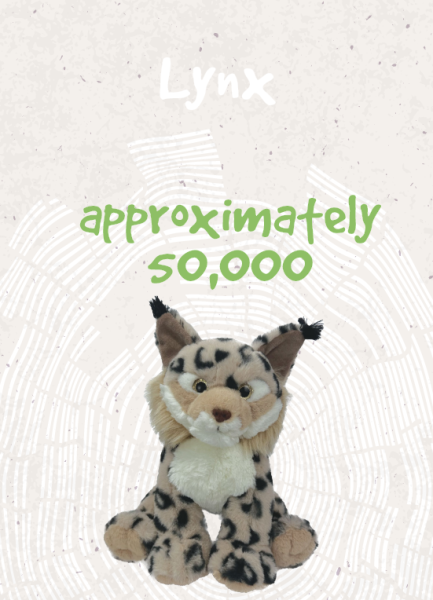
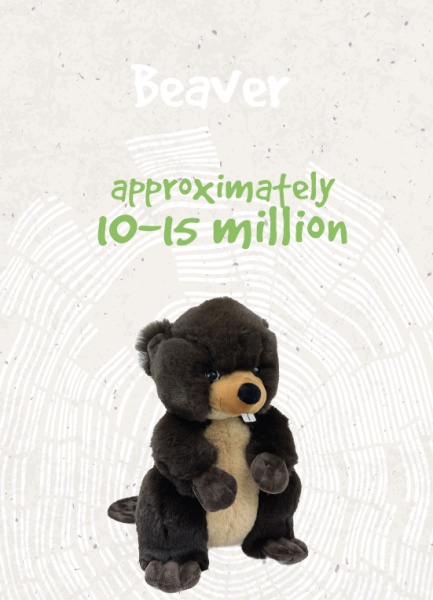
Lumi the Lynx is a purrfect friend to go outside embark on an adventure with.
Most commonly found in the forest of Siberia, Lumi’s short but powerful legs help him navigate the snow during the cold winter months.
With the capacity to jump up to 2m into the air when hunting for prey, Lumi is always down for trekking and getting into some fun trouble.
Beavers are best known for their unique dam-building ability, which enables them to modify the habitat to meet their needs.
Did you know that Beavers are the second
largest living rodent.
CHANGE THROUGH EDUCATION
OC takes place during Earth Day Week and is when we identify endangered species in our line to bring awareness and educate while also taking a percentage of gross sales of those items and donating them to an organization our team identifies. If you see below, we have created unique postcards that are available for digital distribution, as well as print ready, that focus on specific environmental topics and how to actively implement change in your everyday life.
Please join us and make a conscious effort to make change while also educating your customers on these important environmental topics.
